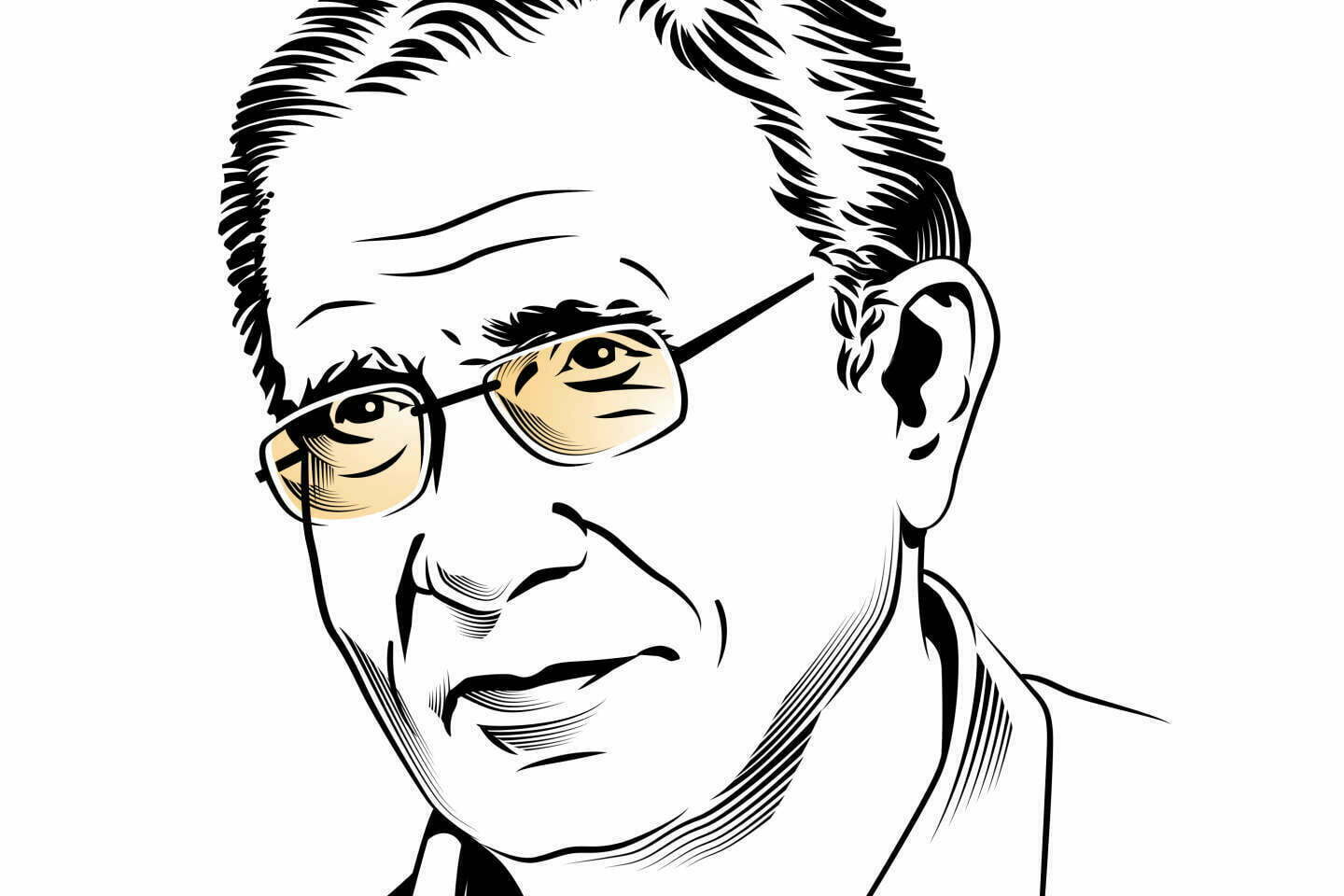 YANN LEGENDRE
YANN LEGENDRE
In The Great Satan, the Shah and the Imam (CNRS, 454 pages, 26 euros), historian Yann Richard looks back at the turbulent relations between the United States and Iran up until the diplomats were taken hostage: Americans in Tehran, November 4, 1979 … 44 years after the diplomatic break between Washington and Tehran, he explains how their bilateral ties are structuring international relations at a time when a new wave of oppression is sweeping Iranian society.
How do you interpret the protest movement that has rocked Iran for three months?
In 1978 Iranian power was very individualized, the Shah was alone. Today, the Shia clerics form a fairly close-knit caste. But internal disagreements, including among the Revolutionary Guards, show that the fierce repression is no longer unanimous and the women’s veil is no longer an inviolable dogma. The women, who had access to the highest level of education, no longer support the paternalism of militia officers. They include in their revolt those who find that the corruption and incompetence of their leaders have plunged them into recession and international isolation. But it would take more to change the regime, it can still increase repression.
This popular dissatisfaction comes amid stalled negotiations on Iran’s nuclear program and the war in Ukraine, while Tehran is backing Russia. What connections do you make between these three developments?
American hostility comforts the most radical of the Iranian regime, urging them to seek Russian protection, at least in the military (Syria, Ukraine) and nuclear spheres. History has taught Iranians to distrust both Russians and Westerners, but also to use international rivalries to their own advantage. Those protesting today denounce the impasse of this policy and the high cost that external intervention in Iraq, Syria and Yemen entails for their fragile economies.
They portray the hostage-taking of American diplomats as the founding act of Iran’s new independence. If the Iranians are so committed to independence, isn’t the bottom line then having nuclear power?
In 1979, the Iranians wanted to cut the umbilical cord. Their army was strong but totally dependent on the United States. The economy was in full swing, but it was a rentier economy smothered in imports. The demand for independence did not have the same meaning as in Cuba or Vietnam, it meant that in Tehran a demand for fair relations was decided first in the interests of the Iranians. The return to nuclear power was enforced at the end of the Iran-Iraq War (1980-1988), in which Iraqi President Saddam Hussein often acted as the armed wing of the West against Islamism. We had to develop deterrence. Everyone lied during the 2015 negotiations, but it was in everyone’s interests to end sanctions and reintegrate Iran into international relations. The Americans proved their signature worthless… and the Europeans cowardly followed suit.
You still have 38.47% of this article to read. The following is for subscribers only.

